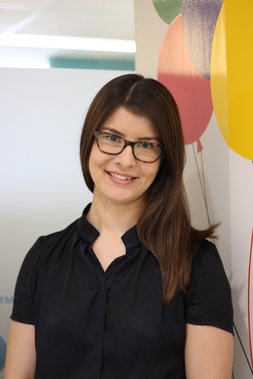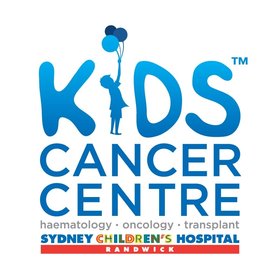Please describe your education and training.
I started my university education with a Bachelor’s degree in psychology from the University of Tampere in Finland. Parallel to my studies I also worked part-time as a research assistant for the acute stroke research team at the University Hospital in Tampere. When my Bachelor’s degree was finished I took a year off from studies, working as a psychologist assistant at the Finnish Institute for Occupational Health in Helsinki. I then continued my studies with a Master’s degree in Clinical psychology at the University of Gothenburg in Sweden. In Gothenburg I also started volunteering for the wonderful Ronald McDonald House Foundation which soon led to a part-time job. It was not quite planned but at that time I got greatly inspired by the family perspective on a child’s severe illness. So when a PhD position at Professor Louise von Essen’s research group was announced in Uppsala (Sweden) to develop an online psychological support for parents of children previously treated for cancer, I applied and was very happy to get the position.
What is your current role?
I am currently a visiting PhD student at the BSU. Due to the objective of my PhD studies, developing online psychological support for parents of childhood cancer survivors, I am very interested in the Cascade intervention in particular. So during the next two months I hope to learn as much as I can about the experiences with Cascade and hopefully take part in some research activities in that project – we have already been discussing a few. I also hope to get a chance to present and discuss our work from Sweden. After my two-month stay I will head back to Uppsala and continue with my PhD project, hopefully greatly inspired by my time at the BSU.
What are the ‘best’ parts of your current role?
I have been very warmly welcomed by the BSU team and look forward to working with people from different backgrounds during the upcoming two months. It has been wonderful to see how passionate the team is about their important work with families affected by cancer.
Learning opportunities and the new perspective on my work is another part I’d like to highlight. My visit to the BSU just started a few days ago but I have already been inspired by the similarities of our research interests, and also noticed some challenges we share. Our time together will surely help us discuss these topics, hopefully leading to some new insights.
What are the most challenging parts of your current role?
When working with parents of childhood cancer survivors, I’d say a true challenge is identifying parents in need of psychosocial support and disseminating relevant support to those parents who would benefit from it. It may not be easy for the parents either knowing where to turn to, neither to us as researchers or clinicians finding the best way to reach out. This is a very important yet challenging part of my work.
Where do you see yourself in five years’ time?
A dream of mine would definitely be to combine a research career with some kind of a clinical practice. When it comes to the academic part, I could see myself doing a postdoc within psycho-oncology on a topic close to my heart – probably parents. On the other hand, I could see myself working as a clinical psychologist at some Pediatric Cancer Centre and doing some coordinating as well… It’s hard to tell, really!
What advice would you have for someone wanting to follow a similar path in terms of their study/career?
It would be to stay curious and to stay hungry. When I first started my undergraduate studies in psychology I had no idea I’d be working with psycho-oncology today. I think my strategy was to basically explore some areas I was interested in (e.g. neuropsychology, work- and organizational psychology) by working extra at the time of my studies to get a sense of how it would suit me. After all, it was my part-time job at the Ronald McDonald House that took me into the area of family caregivers. So willingness to test different roles and areas would be something I’d recommend!
For anyone interested in pursuing PhD studies I’d say it is a must having a genuine interest for your topic. Working on a PhD thesis is not always easy but at the end of the day it all comes to the point where you have to remember why you are doing it – it has to be something you consider important.
The Behavioural Sciences Unit is Proudly Supported by the Kids with Cancer Foundation.



 RSS Feed
RSS Feed